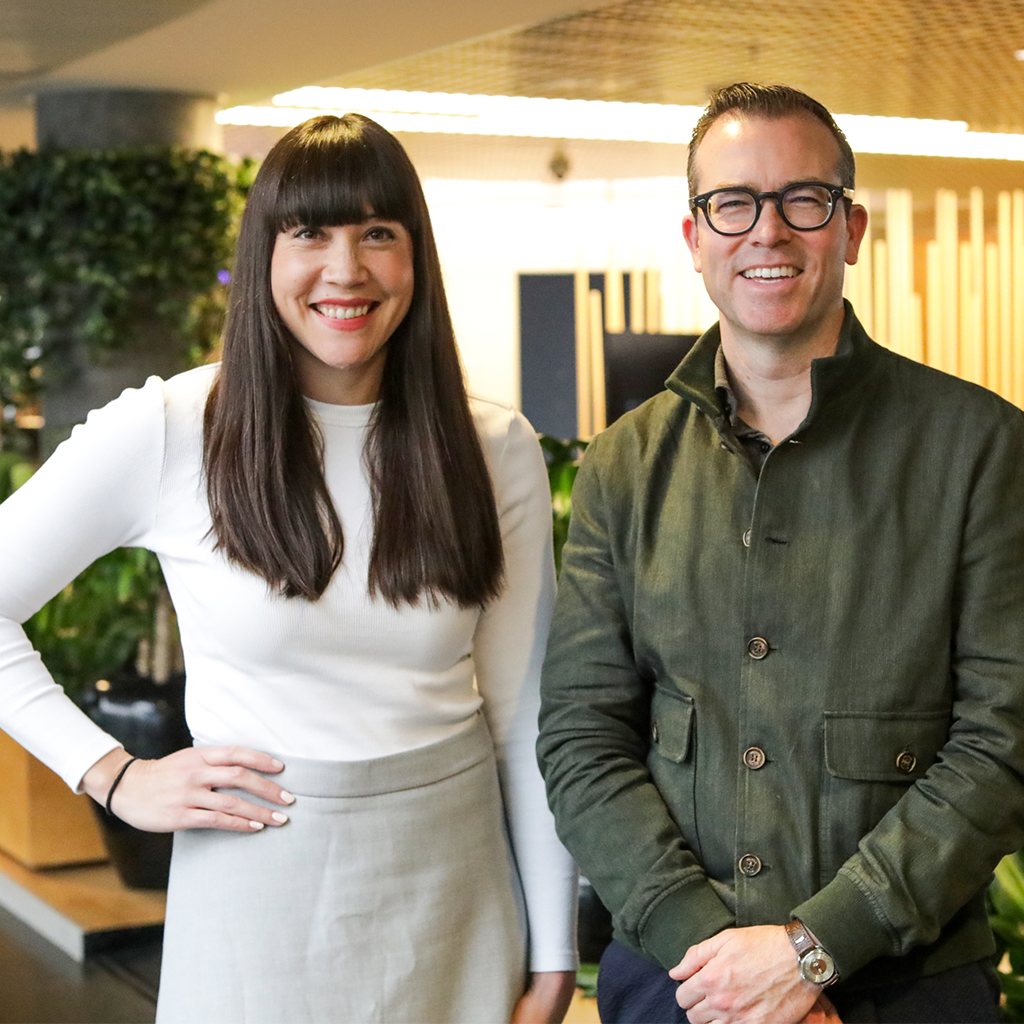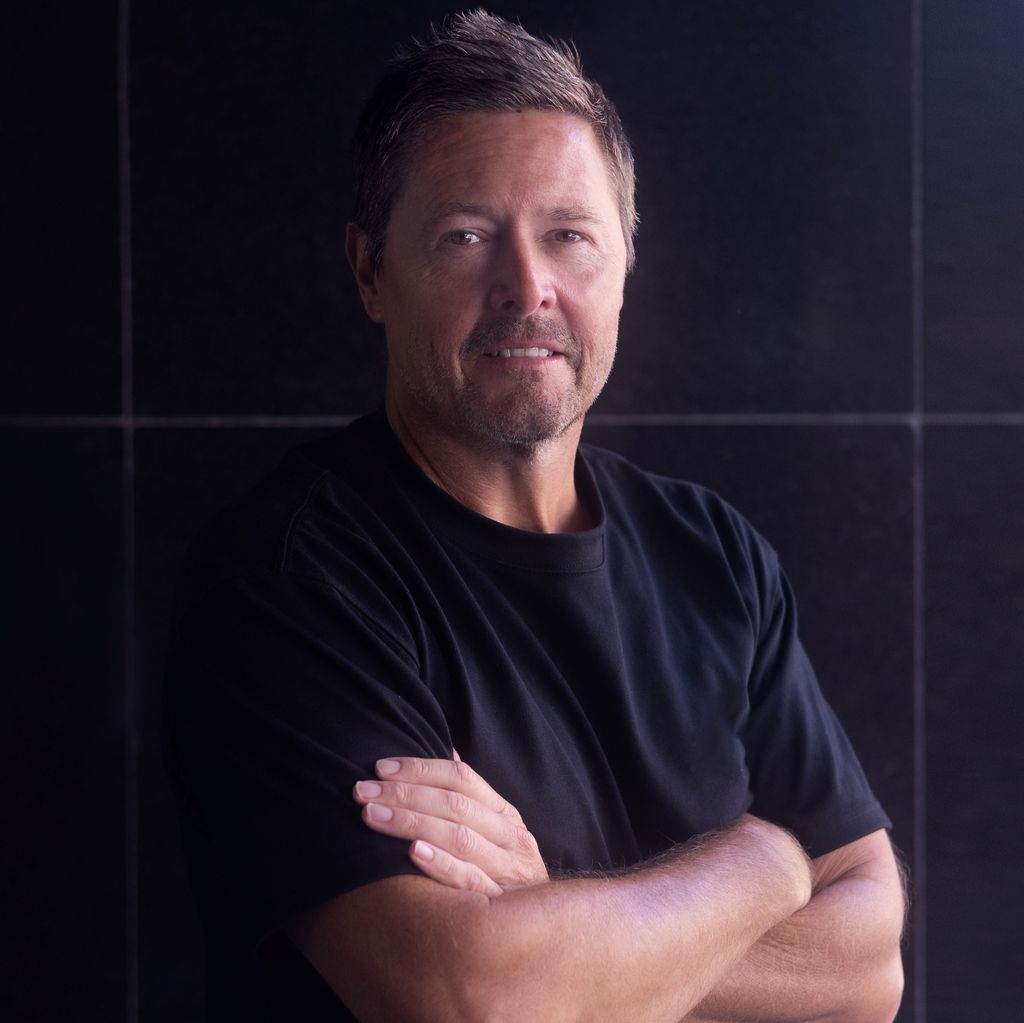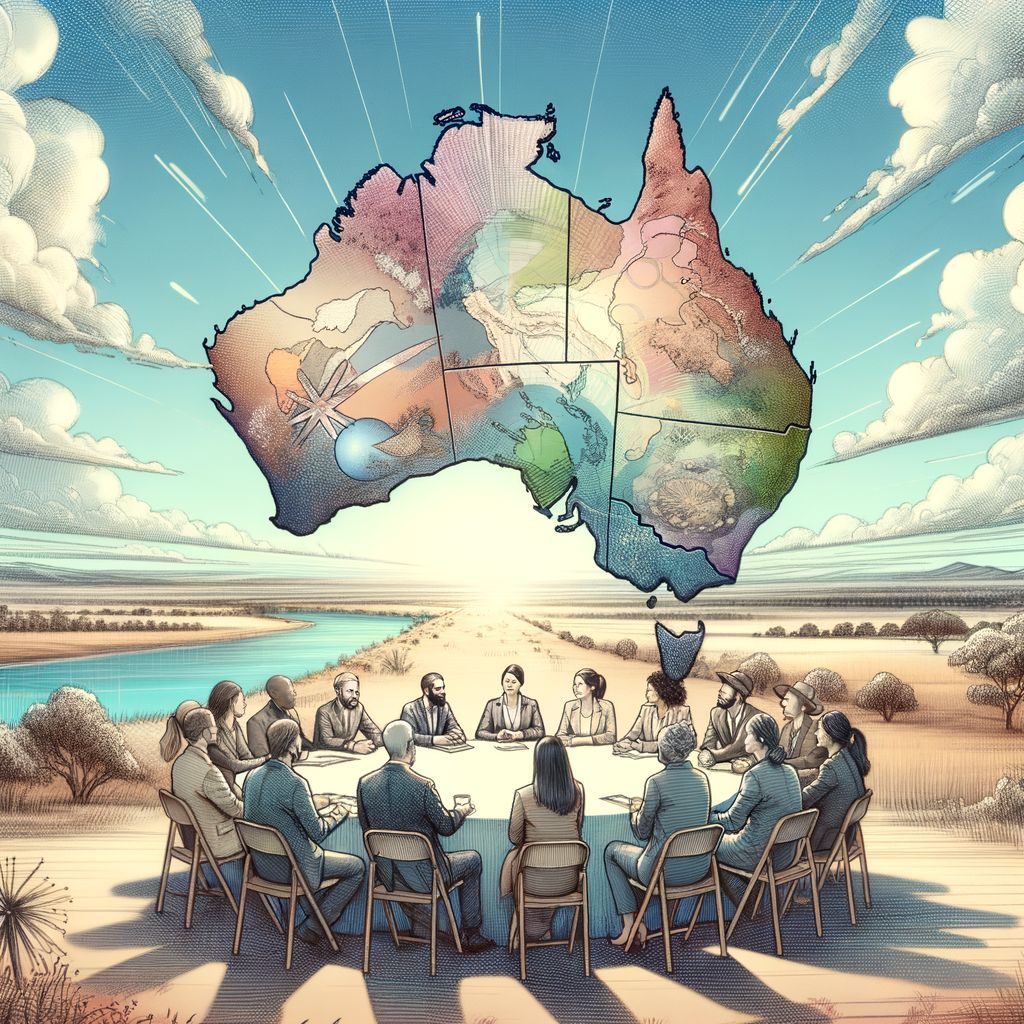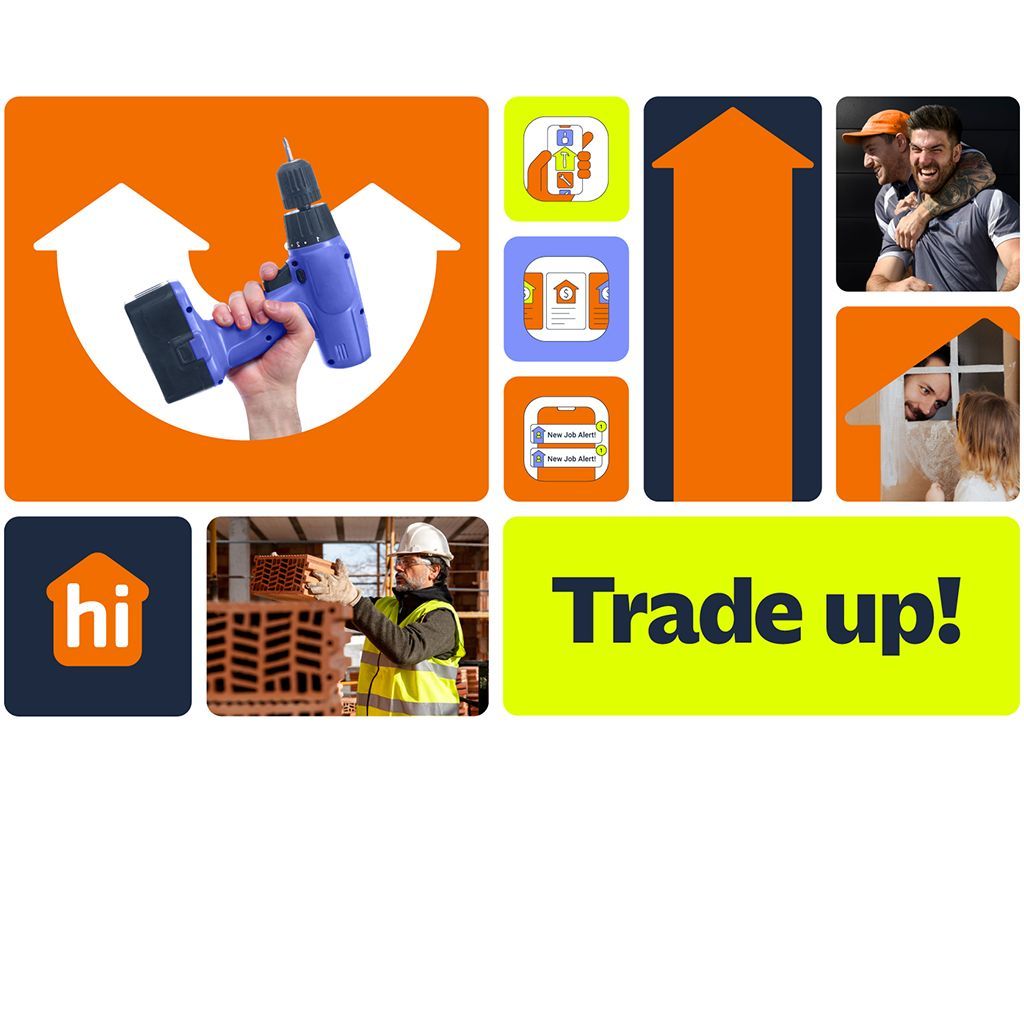
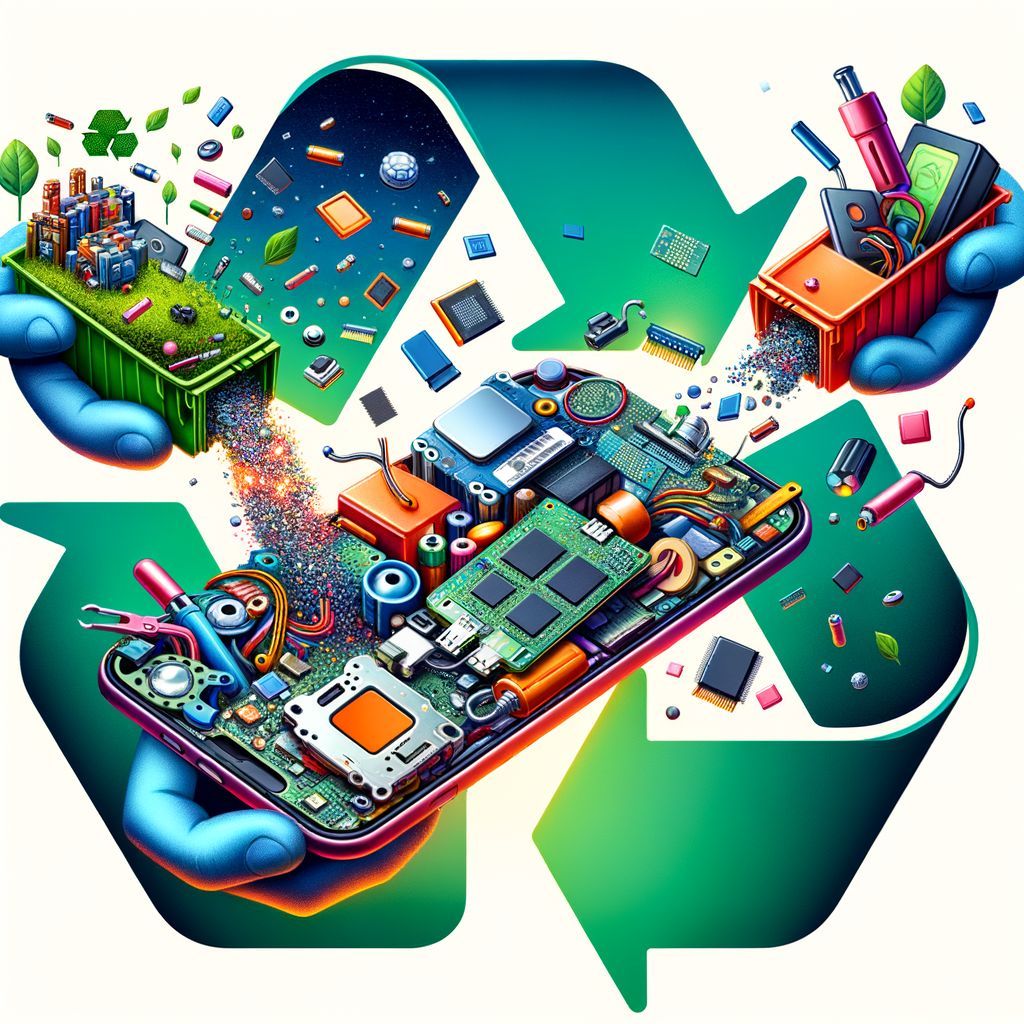
Image by DALL·E Pic: Midjourney
Editors' Note: Many Fast News images are stylised illustrations generated by Dall-E. Photorealism is not intended. View as early and evolving AI art!

E-waste grows unseen,
Knowledge gap and waste streams flow,
Time for change is now.

Australia projected to create 657,000 tonnes of e-waste by 2030: Sircel
Australian e-waste processor Sircel has released a new report revealing the extent of Australia's e-waste crisis, with the country generating more than double the global average of e-waste per capita.
By 2030, the Australia's total e-waste is projected to reach 657,000 tonnes, with the majority being shipped overseas. Astonishingly, 48% of Australians do not know what e-waste is.
The report, titled 'Plugging Australia’s E-waste Gap', surveyed 1,000 Australians on their understanding and expectations of e-waste and analysed the most recent sustainability reports published by ASX 200 companies. The findings reveal a significant knowledge gap and highlight the need for increased awareness and action in the corporate sector.
The report's key findings include: only 19% of the top 200 ASX-listed companies mention e-waste in their most recent sustainability reports. 63% of consumers were not aware that e-waste is often sent overseas to be dumped in developing countries, while 70% want their e-waste recycled on Australian shores, and 55% would like to see precious metals recovered and reintroduced into the Australian economy.
Sircel's CEO and Founder, Anthony Karam, said: "Australian businesses are looking to scale up their sustainability outcomes in a tangible way that delivers big on climate action. However, our research has highlighted a clear gap in how e-waste is being reported compared to other waste streams. 44% of corporate sustainability reports mentioned waste streams but a vast majority failed to include e-waste as one of these streams. That tells us managing e-waste is not yet a boardroom priority in Australia - but as the world’s fastest growing waste stream - it should be."
"With the average Australian generating around 20kg of e-waste each year, we’re one of the highest contributors of e-waste per capita in the world. We knew the knowledge gap was significant, and that community and business education would be an essential part of our remit – that’s why with this report we decided to quantify and qualify the gap this International E-waste Day," said Karam. "To continue to ignore the valuable commodities locked up in e-waste – instead sending this perceived “rubbish” to landfill or worse, offshore, is a cheaper and more convenient option, but the benefits are short-term, and it will only snowball. As a country that prides itself on its abundance of natural resources, now is the time to secure a future powered by a circular economy."
Sircel is an Australian-owned and operated green technology company that diverts up to 100% of end-of-life electronics away from landfill and extracts the source materials for reuse in the circular economy. The company's report and its submission to the Federal Government’s Senate Enquiry into waste reduction and recycling policies underline the urgency of addressing Australia's e-waste crisis.


